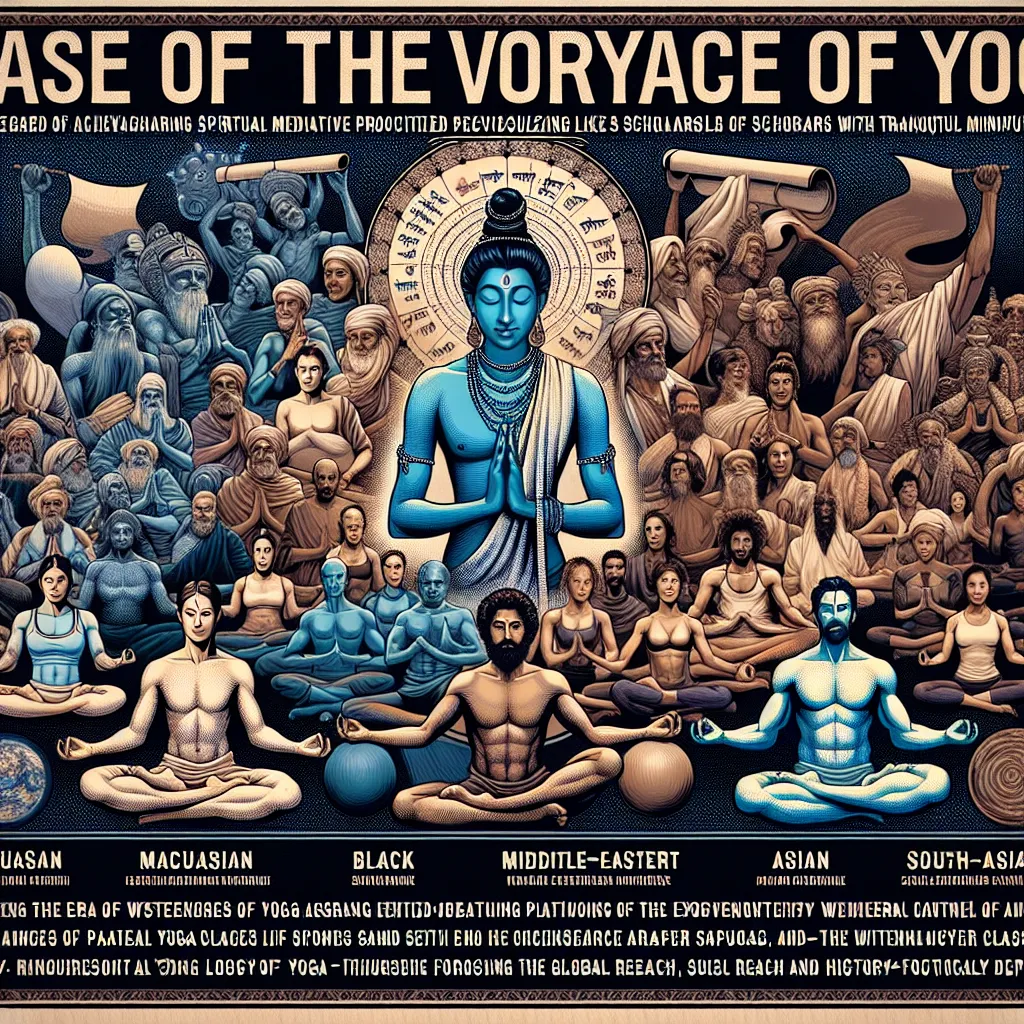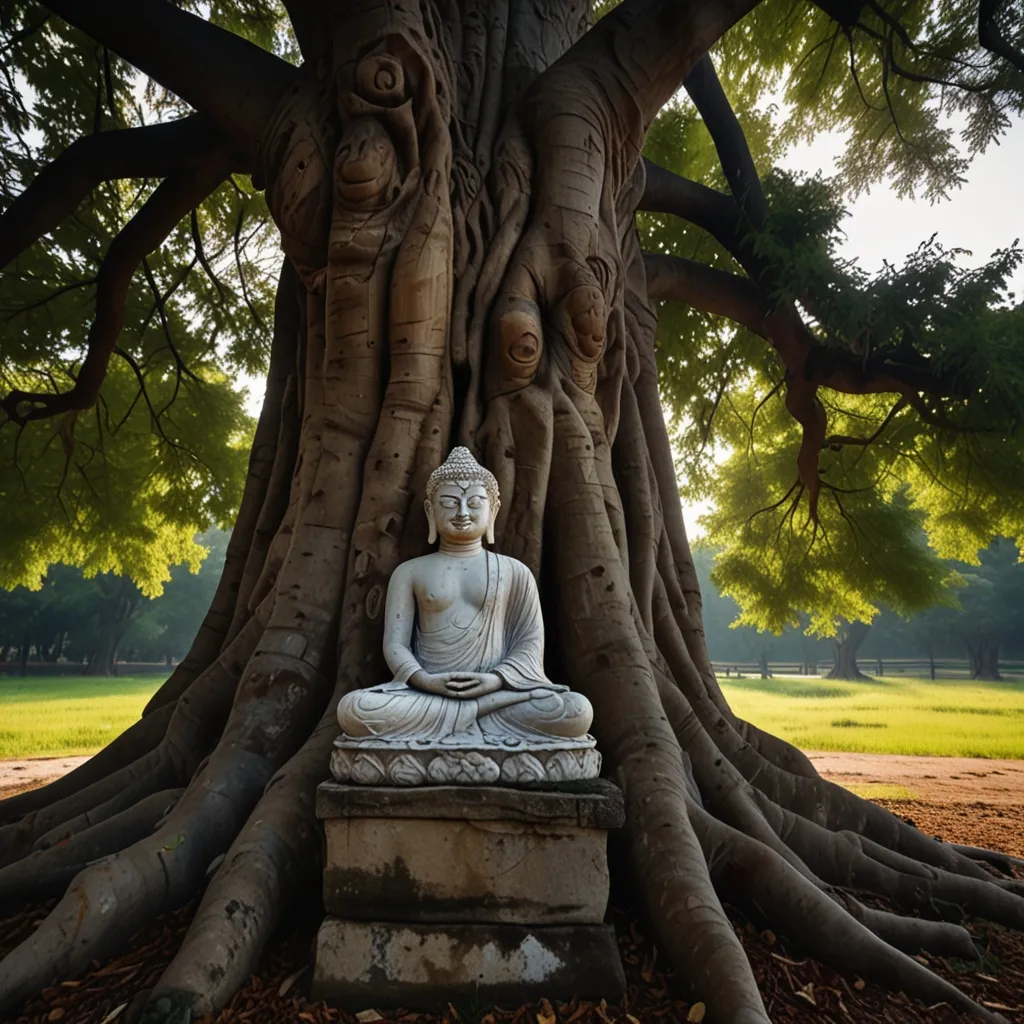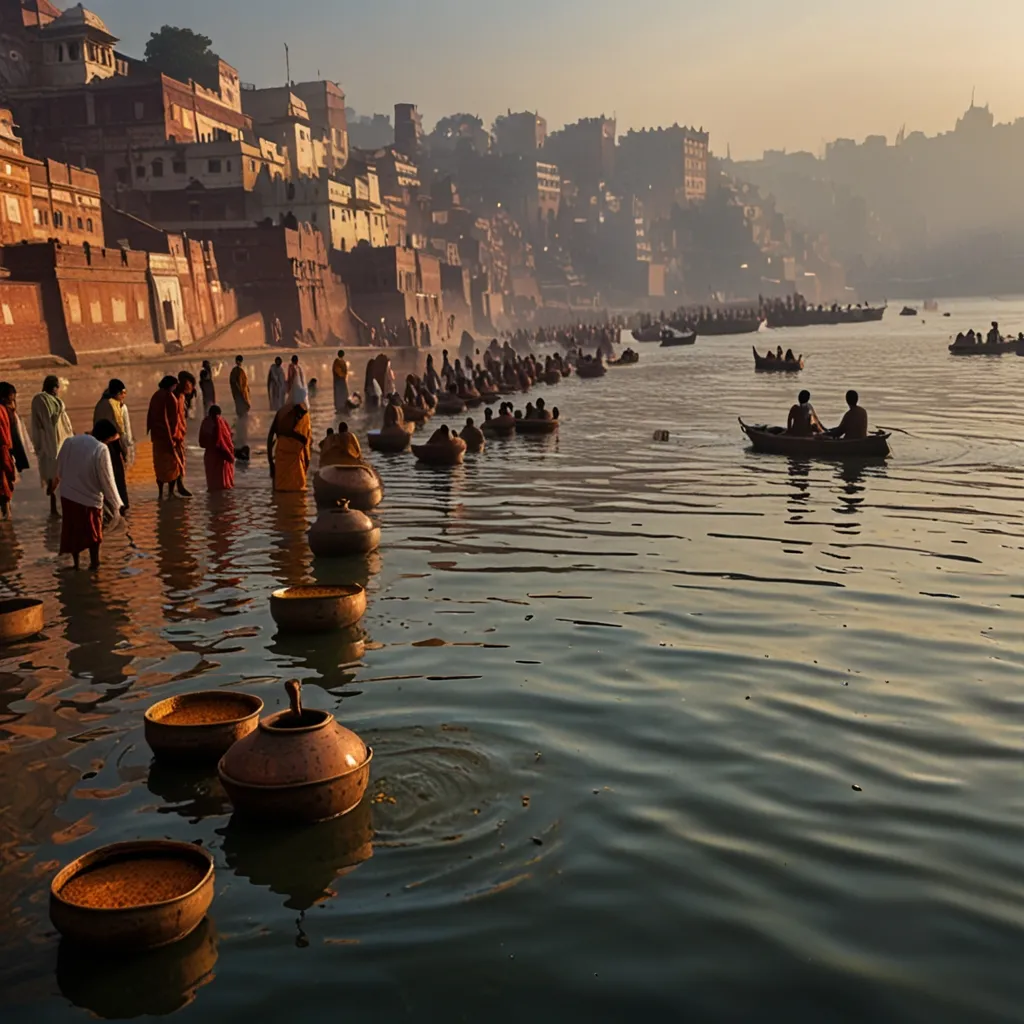In the intricate tapestry of global cultures, there exists a practice that stands out for its profound spiritual significance and ethical complexity: Sallekhana, or the Jain practice of gradual fasting to death. This ancient ritual, also known as Santhara, is a cornerstone of Jainism, an ethical system that places utmost importance on non-violence, passionlessness, and the art of dying.
To understand Sallekhana, one must delve into the core principles of Jainism. This practice is not merely a form of fasting but a deeply spiritual journey aimed at purifying the soul. When a Jain individual, whether an ascetic or a layperson, faces certain unavoidable circumstances such as old age, incurable disease, or severe famine, they may choose to undertake Sallekhana. This decision is made when one’s physical condition no longer allows them to lead a righteous life according to Jain principles.
The process of Sallekhana is meticulous and gradual. It begins with the renunciation of solid foods, followed by the gradual cessation of fatty liquids, hot and pungent liquids, and finally all liquids. This is not a hasty decision but a well-considered choice, supported by the individual’s loved ones and the broader Jain community. The person undergoing Sallekhana must be in a state of complete mental clarity and free from any form of coercion or severe stress.
One of the critical aspects of Sallekhana is its distinction from suicide. While it may seem counterintuitive to outsiders, Jains vehemently argue that Sallekhana is not a form of suicide. The intent behind Sallekhana is not to end one’s life out of despair or fear but to achieve spiritual purification and detachment from worldly desires. This practice is rooted in the belief that the soul must be freed from the cycle of rebirth and karma, and Sallekhana is seen as a means to achieve this liberation.
The ethical arguments surrounding Sallekhana are multifaceted. From a medical and legal perspective, Sallekhana can be compared to the practice of Voluntary Stopping of Eating and Drinking (VSED), an end-of-life option available in some countries. Both practices involve competent individuals choosing to forego food and water until death. However, the context and intent are different. While VSED is often chosen to hasten the end of life due to terminal illness or unbearable suffering, Sallekhana is a spiritual practice aimed at achieving a “good death” – a death that is peaceful, detached, and free from passions.
The intersection of Sallekhana with modern legal systems is complex. In many jurisdictions, the practice of Sallekhana could be misinterpreted as suicide, leading to legal and social repercussions. However, Jains argue that the principles of self-determination, bodily integrity, and respect for persons should protect their right to undertake Sallekhana. This argument is supported by the fact that Sallekhana is a reversible process, at least in theory, and is undertaken with the continuous and prolonged will of the individual.
In the 21st century, attitudes towards death and spirituality are evolving. There is a growing recognition of the importance of end-of-life choices and the need for respect for diverse cultural and religious practices. Sallekhana, as a practice, challenges modern societies to reconsider their views on death and the limits of personal autonomy. It raises questions about what constitutes a “good death” and whether the right to choose one’s own death is an inherent part of human dignity.
The practice of Sallekhana also highlights the importance of community and support in end-of-life decisions. Unlike many modern societies where death is often a solitary event, Sallekhana is a communal affair. The individual is surrounded by family, friends, and spiritual leaders who provide emotional and spiritual support throughout the process.
From a historical perspective, Sallekhana has been an integral part of Jain tradition for centuries. It is mentioned in various Jain texts, such as the “Ratnakaraṇda Śravakācāra,” which outlines the principles and procedures of this practice. The historical precedent of Sallekhana underscores its significance within Jainism and challenges the notion that it is anything less than an essential religious practice.
In contemporary times, the debate around Sallekhana extends beyond religious circles. It involves discussions on bioethics, medical ethics, and human rights. The question of whether Sallekhana should be legally protected as a religious freedom is a contentious one. Proponents argue that it is a fundamental right of Jains to practice their religion without interference, while opponents raise concerns about the potential for abuse and the need for legal safeguards.
As we navigate the complexities of Sallekhana, it is essential to approach the topic with sensitivity and an open mind. This practice, though unfamiliar to many, offers a unique perspective on death and spirituality. It reminds us that death is not just an end but can also be a transformative journey, one that is deeply personal and spiritually significant.
In conclusion, Sallekhana is more than just a practice of fasting unto death; it is a profound spiritual journey that embodies the core principles of Jainism. As we explore this ancient ritual, we are compelled to reflect on our own attitudes towards death, spirituality, and personal autonomy. In a world where diversity and inclusivity are increasingly valued, the practice of Sallekhana serves as a poignant reminder of the importance of respecting and understanding different cultural and religious traditions.






